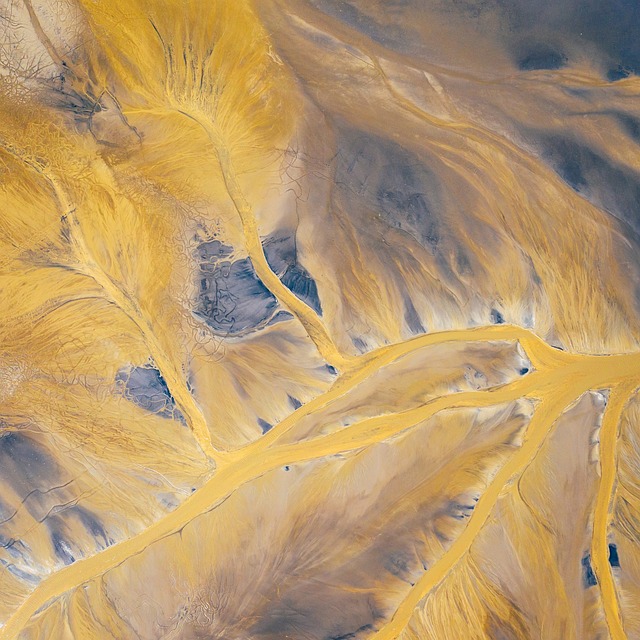Understanding Desertification and Its Ecological Impacts
In recent years, the phenomenon of desertification has garnered increasing attention, serving as a stark reminder of the delicate balance within our ecosystems. As climate change accelerates, regions that once thrived face the looming threat of transformation into barren landscapes. This ecological disaster carries dire consequences not only for the environment but also for human livelihoods and biodiversity.
The Ripple Effect of Climate Change
Climate change acts as a catalyst for desertification, exacerbating what were once manageable environmental issues. With shifting weather patterns, regions are experiencing decreased rainfall, extended droughts, and extreme temperatures. These changes degrade soil quality, reduce its moisture retention capabilities, and make it untenable for flora and fauna that once thrived in those ecosystems. The ramifications extend far beyond geographical borders, affecting global weather patterns, food security, and water availability.
Impact on Biodiversity
Biodiversity is one of our planet’s greatest assets, offering resilience against ecological shifts. However, as land is seized by desertification, countless species are pushed towards extinction. Animals lose their habitats, plants face extinction due to harsh climates, and the intricate web of life unravels. Each lost species diminishes the richness of our planet and weakens the ecosystems that help support human life. When we lose even a single element of biodiversity, we risk triggering a domino effect, further destabilizing the ecological balance.
Human Consequences
The fallout from desertification also manifests in the lives of those who depend on the land. Communities in affected areas watch helplessly as crops fail and water sources dwindle. The struggle for resources can lead to increased conflict as neighboring populations compete for dwindling supplies. Moreover, economic opportunities diminish, forcing migration and contributing to urban overcrowding, which places additional strain on already fragile cities.
A Call to Action
To address the challenges posed by desertification, collective action is imperative. Governments, communities, and individuals must work together to promote sustainable land management practices. Initiatives that restore degraded lands, conserve water, and enhance soil quality can create resilient ecosystems capable of withstanding climate change. Each effort contributes to reversing the trajectories of ecological disaster unfolding in our deserts.
In facing the reality of desertification fueled by climate change, we have an opportunity to nurture the planet and protect the ecosystems that sustain us. By recognizing the interconnectedness of our environment, we empower ourselves to take the necessary steps toward a sustainable future.



